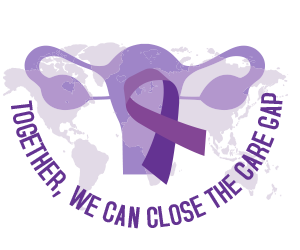HPV Vaccination
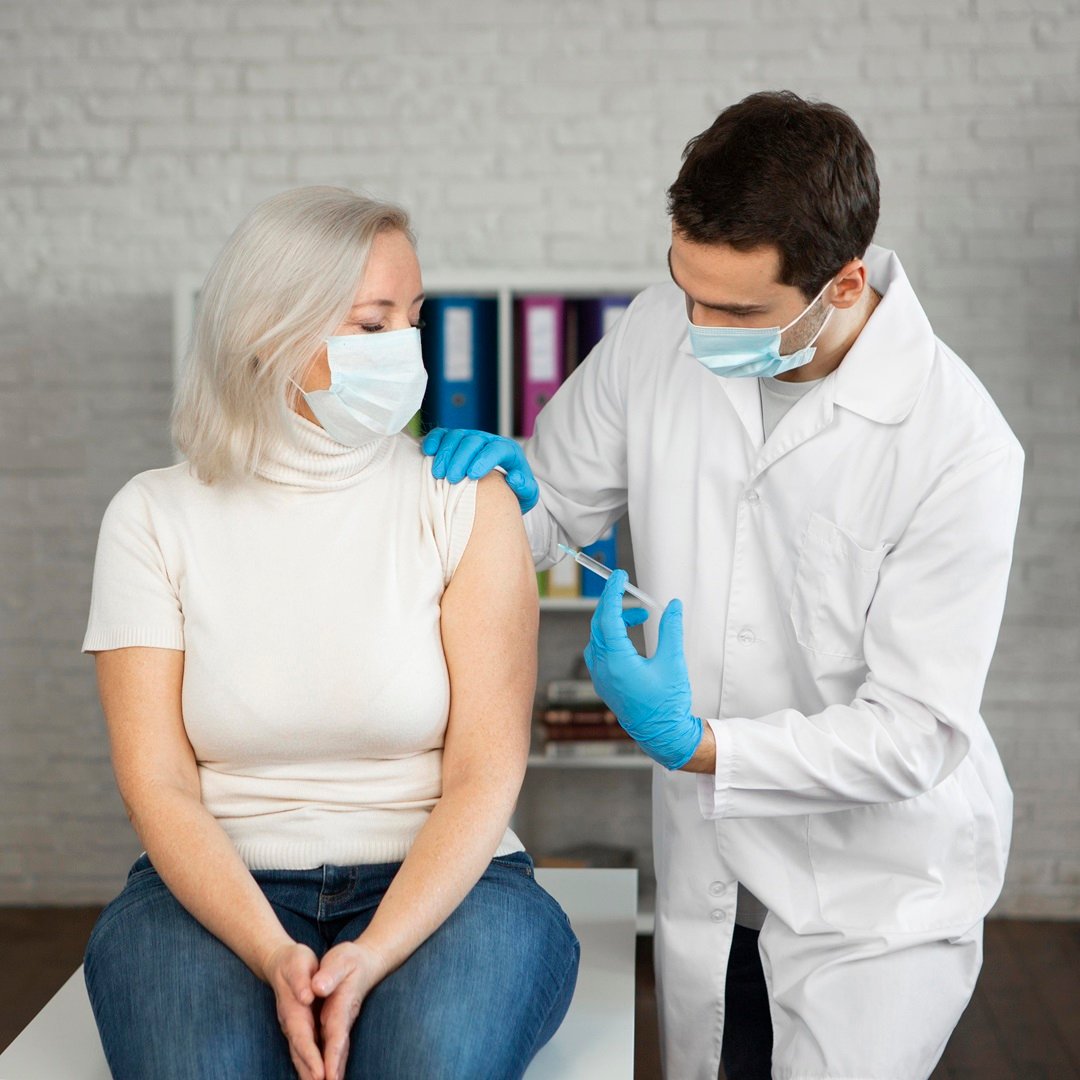
Why the HPV Vaccine Is Important for You and Your Family
The HPV vaccine has an essential role in healthcare. It guards against HPV-linked ailments and cancers, including cervical cancer. This brings about improved health for everyone. In this blog, we'll unpack the purpose of the vaccine, who needs it, its advantages, and when to get vaccinated. Furthermore, we'll explore the HPV vaccine's cost in India, specifically Delhi, and observe the supply and present state across the nation
Book an Appointment
What is the HPV Vaccine For?
The HPV vaccine guards against the Human Papillomavirus (HPV) - a large family of more than 200 bugs. Many HPV types are harmless and resolve on their own, yet some can trigger serious health issues. Hence, the vaccine acts as a vital safeguard to these potential dangers:
- Cervical Cancer: HPV types 16 and 18 cause roughly 70% of cervical cancer. The vaccine drastically reduces your chances of getting this deadly disease. Other HPV types such as 31, 33, 45, 52 and 58 cause the rest 20% of cervical cancers.
- Other Cancers: HPV has ties to cancers in areas like the head and neck, anus, throat, penis, vulva, and vagina. The vaccine works by tackling the high-risk strains, stopping HPV-connected cancers. It safeguards both men and women.
- Genital Warts: Let's talk about HPV types 6 and 11. They cause about 90% of genital wart cases. There's good news though. A vaccine has been developed. It shields almost completely against these strains. This decreases both the physical pain and embarrassment related to genital warts.
The vaccine functions to stop infections from dangerous HPV strains. This greatly lowers the risk of these conditions appearing. It's a vital instrument in stopping cancer and boosting public health.
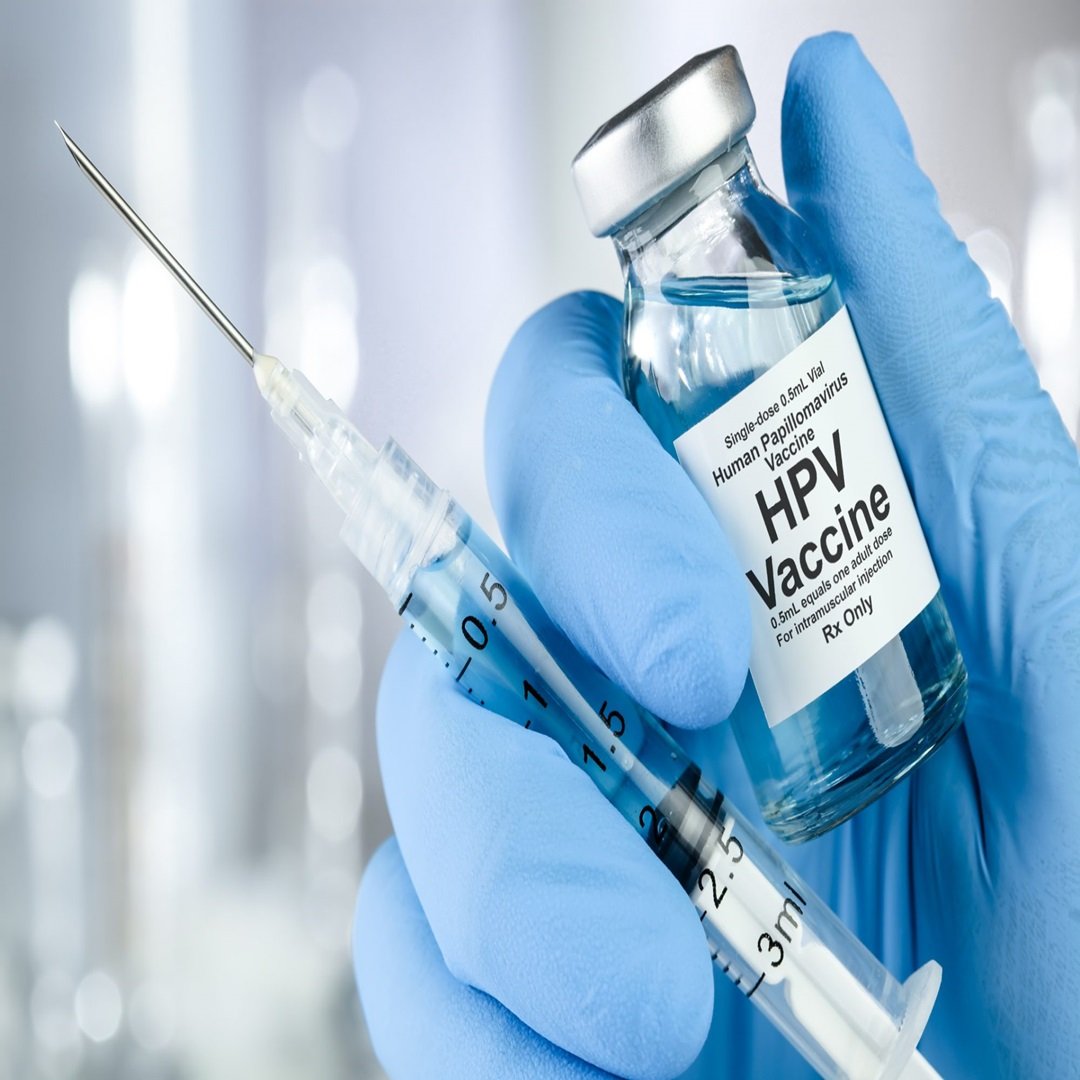
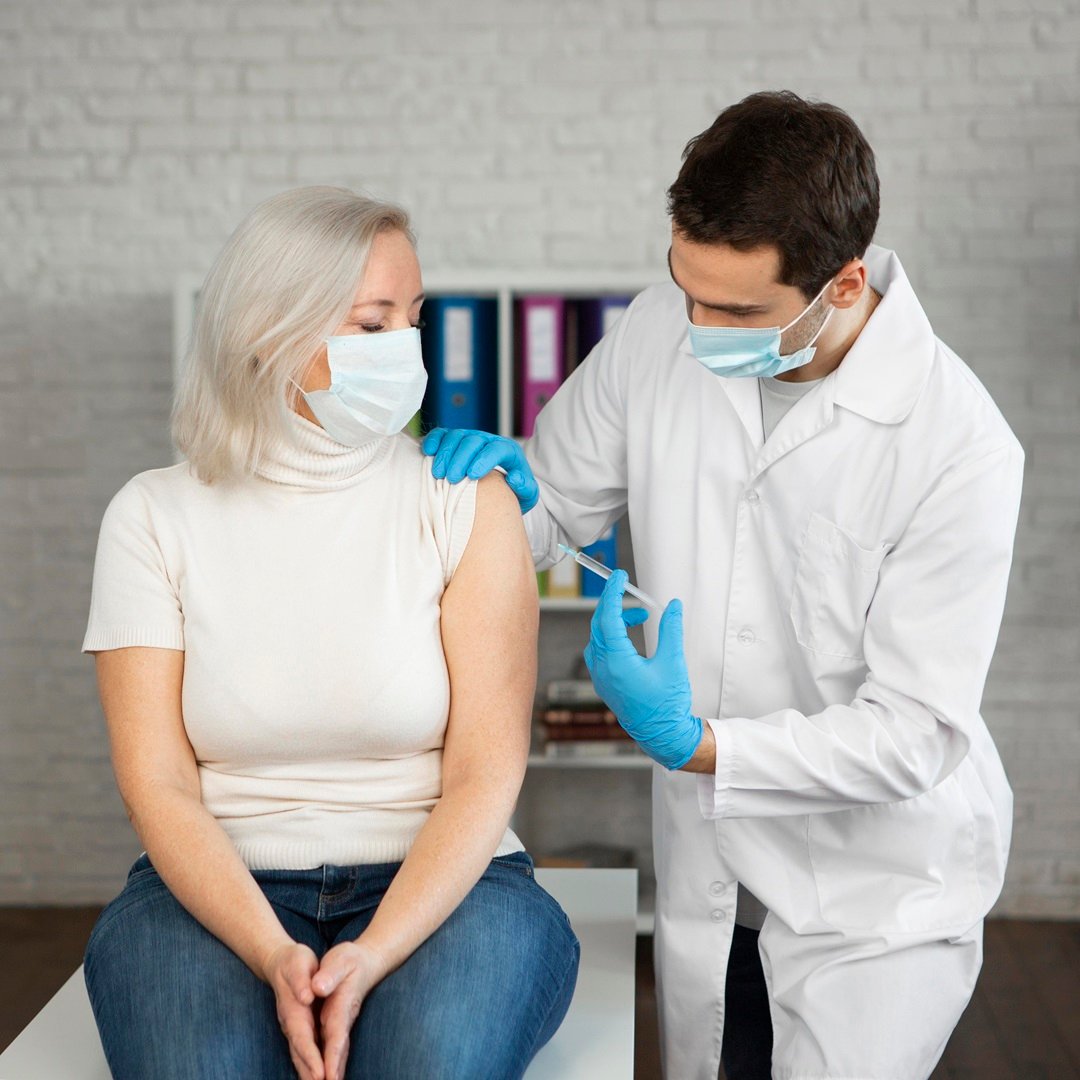
Who Should Get the HPV Vaccine?
Recommended Age Groups
- Preteens (Ages 9–12)
- Guidance from the CDC suggests giving the HPV vaccine around ages 11 or 12.
- You can even start vaccination when they turn 9.
- Adolescents and Young Adults (Ages 13–26)
- If someone didn't get vaccinated when young, they can still get it until they are 26.
- Getting the vaccine is best before coming into contact with HPV - usually before starting sexual activities.
- Adults (Ages 27–45)
- People in this age range can consult with their health advisor about the possible pluses of the vaccine. Even though it's less effective amongst this group, getting the jab might still offer protection.
Who Shouldn’t Get the HPV Vaccine?
Not everyone is eligible for the HPV vaccine. It is not recommended for:
- People with Severe Allergies: In case you're aware of an allergy towards any component in the immunization, like yeast, steering clear from getting the vaccine is crucial.
- Pregnant Women: Receiving the vaccine while pregnant is typically not advised, even though no harm evidence exists. It's generally a better idea to get your vaccination once your pregnancy is concluded.
People with Illness: When individuals face an illness, mild or harsh, they should hold off their vaccination until their full recovery. Being in top-notch health is fundamental to the vaccine's successful performance..
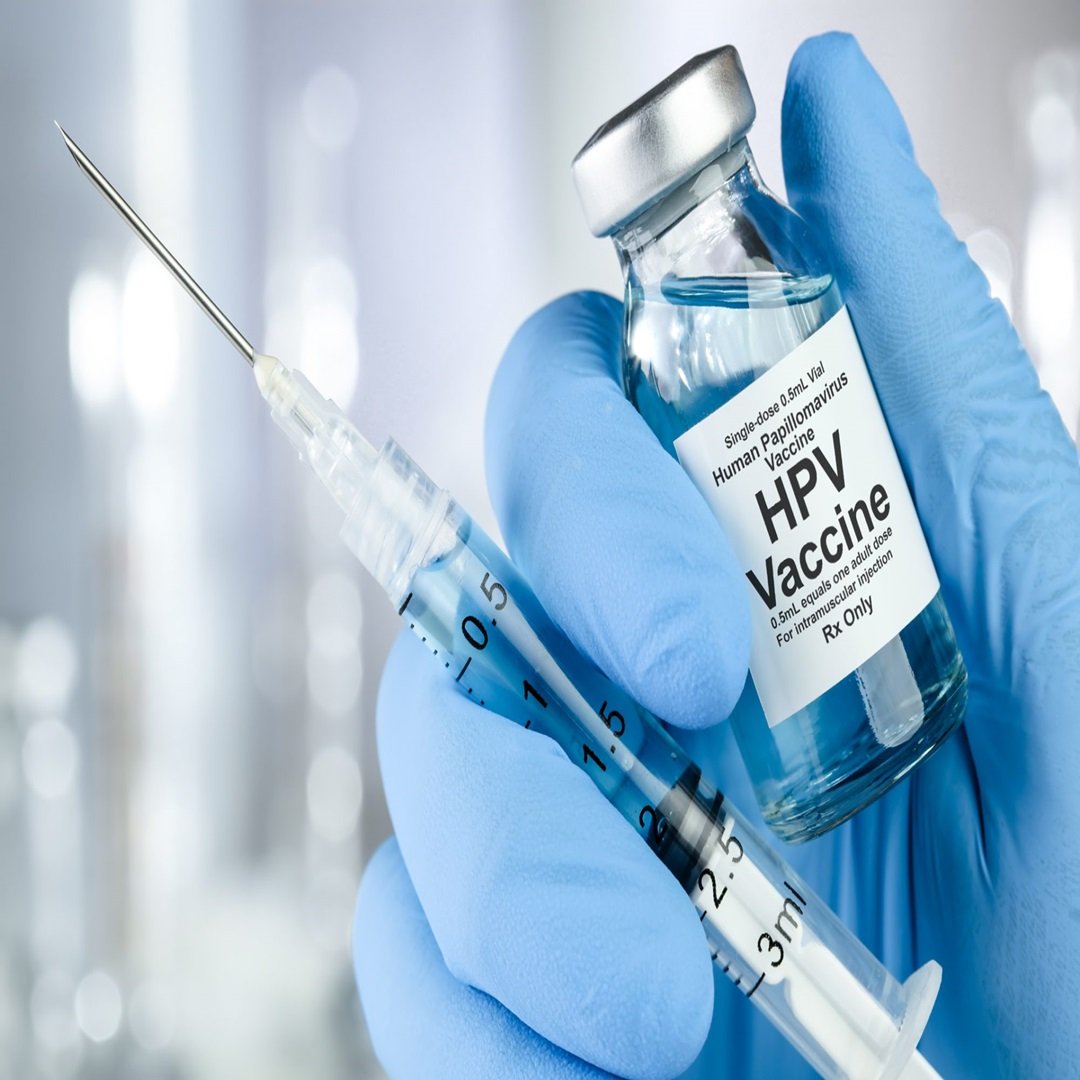
Book an Appointment
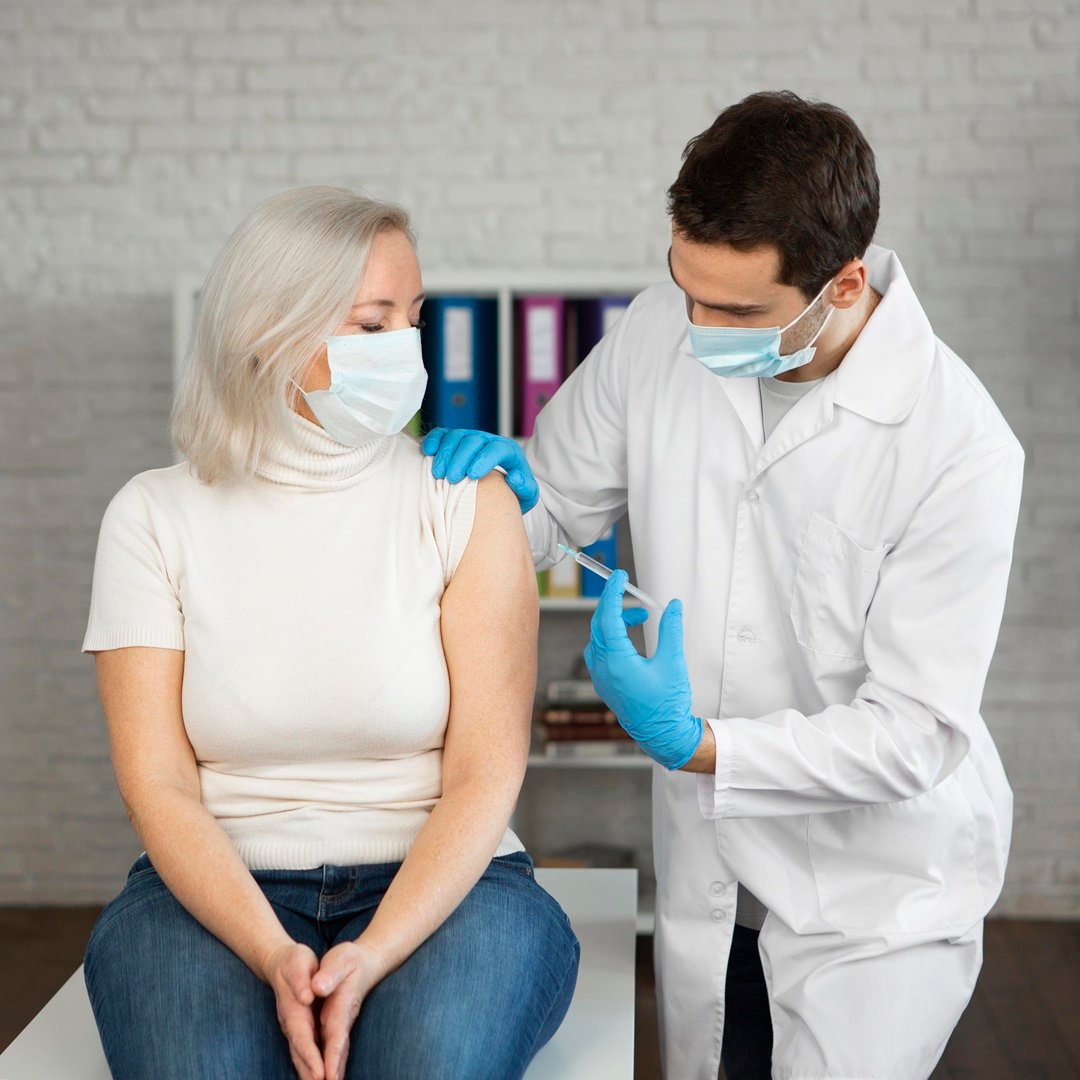
How Does the HPV Vaccine Work?
The HPV vaccine functions with virus-like particles (VLPs). These VLPs copy the HPV virus but don't cause infection. The vaccine triggers the immune system to generate antibodies when introduced. These antibodies set up the body to combat HPV infections. They ensure that if the person vaccinated encounters HPV later, their immune system can identify and eliminate the virus swiftly. This stops infection. The vaccine aids the body in creating a defense against HPV strains with high-risks. These strains can lead to cancers and genital warts. Thus, the vaccine is a successful guard against health problems linked to HPV.
What is the HPV Vaccination Schedule?
The vaccination schedule depends on the recipient's age. As per the latest World Health Organization guidelines, following schedule is recommended:
- Ages 9–20: One or two doses of the vaccine, given 6 months apart.
- Ages 21–45: Two doses of the vaccine over six months. The schedule is:
- First dose: Initial visit.
- Second dose: 6 months after the first dose.
What Are the Benefits of Getting the HPV Vaccine?
- Cancer Prevention: This incredibly lowers, by up to 90%, your chances of coming down with cancers tied to HPV. These could be cervical, anal, or throat cancers.
- Protection Against Genital Warts: The vaccine safe guards from HPV strains 6 and 11, typically linked with the majority of genital wart cases. It aids in dodging the unease and the procedure needed with these warts.
- Community Immunity: When most people get the vaccine, it even shields those who didn't. This community effect slows HPV's spread.
Long-Term Health Benefits: The HPV vaccination boosts overall well-being in the long run. It stops HPV-caused issues, cuts down on cancer risk, and wipes out similar health threats in people.
How Many Years is the HPV Vaccine Good For?
The HPV vaccine works by utilizing something called virus-like particles (VLPs). These copies trick the HPV virus but don't cause any harm themselves. Once the vaccine is given, these VLPs prod the body's defense system to create antibodies. These protective cells prepare the body to take on HPV viruses. If you've had the vaccine and HPV tries to get you later, your defense system knows it and can shut down the virus fast. This stops you from getting sick. This vaccine helps your body create a shield against the real bad HPVs that can cause serious illnesses and troublesome warts. This makes it a powerful weapon against HPV problems.
What Are the Side Effects of Getting the HPV Vaccine?
Like all vaccines, the HPV vaccine can cause some side effects, but most are mild and go away on their own.
Common side effects include:
- Pain, redness, or swelling where the vaccine was given.
- A low fever.
- Feeling tired, having a headache, or feeling dizzy.
- Nausea or an upset stomach.
These side effects are usually temporary and should fade within a few days.
Rare side effects include:
On a rare note, a few individuals might undergo an allergic reaction, like breathing challenges or a swollen throat. Such instances are extraordinarily unusual.
Spot something out of the ordinary or intense post-vaccination, such as breathing problems or a skin rash? Get immediate medical help. Sure, severe side effects are uncommon, but keeping an eye on your health changes matter.
Discussion with your doctor is a good idea before getting vaccinated - particularly if you've got allergies or health worries. In the grand view, HPV vaccine's advantages greatly topple its risks. The occurrence of severe side effects is indeed quite rare
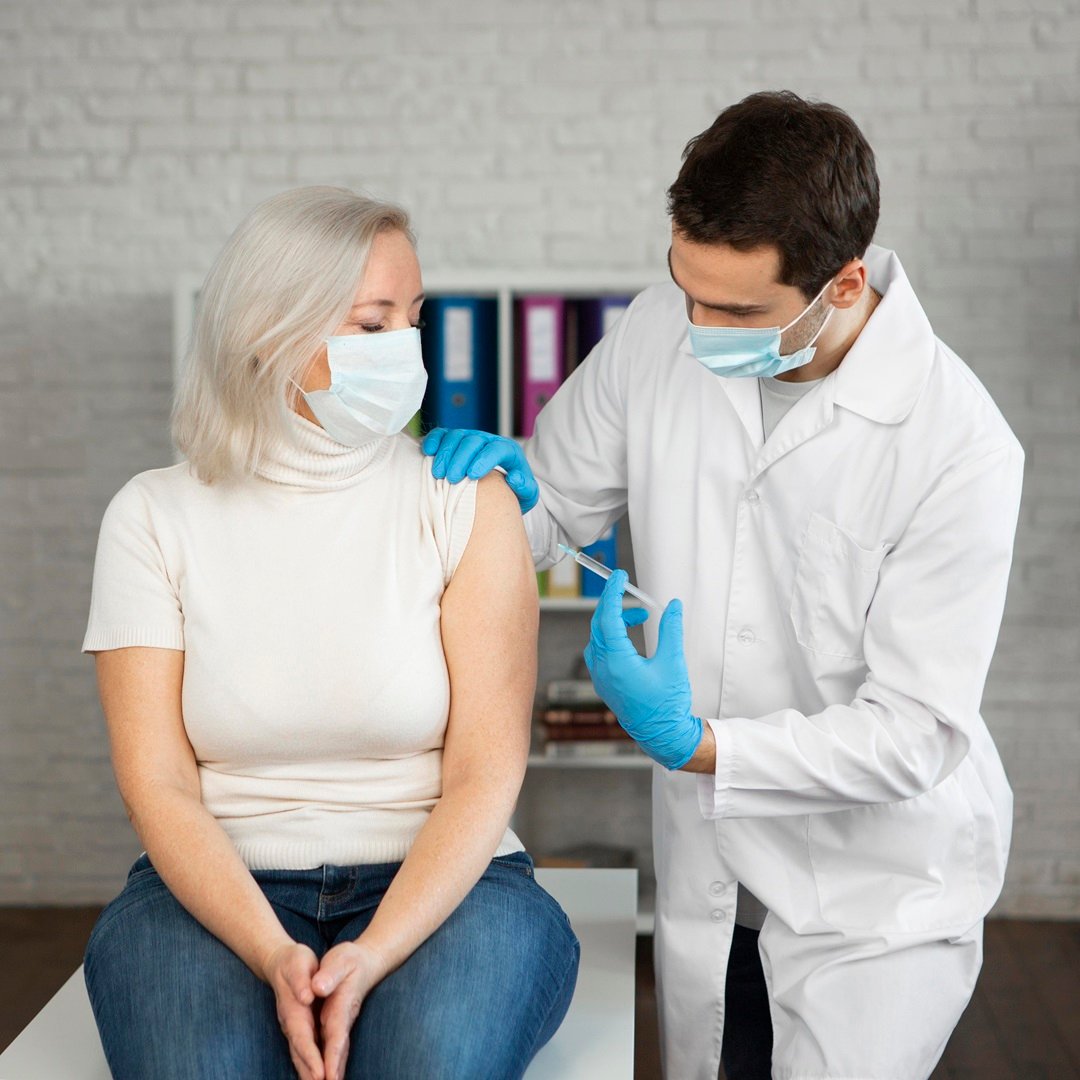
What Questions Should I Ask My Doctor?
Before getting the HPV vaccine, consider asking your doctor the following:
- Is the vaccine right for my age?
- What are the risks and benefits?
- How effective is it?
- What side effects should I watch for?
- What’s the vaccination schedule for me?
- Can I get vaccinated if I’ve already been exposed to HPV?
HPV Vaccination in India
Current Status of HPV Vaccination in India
Despite a significant count of cervical cancer instances in India, mainly from HPV, the HPV vaccination rate struggles. The vaccine does exist, yet its coverage is scant. Here's why:
- Low Awareness: Loads of people aren't clued in about HPV or how it connects to cancer. This fuels a disinterest in getting vaccinated.
- Cost Issues: The vaccine can put a dent in the wallet, particularly for those without much dough. This makes it tough for them to cough up the cash.
- Limited Public Health Programs: Unlike some developed countries, India doesn’t have widespread vaccination programs in schools, which makes it harder to reach young people.
Things are looking up. Both the government and NGOs are stepping up. Their plan? To boost understanding! They're running campaigns to show people how HPV and cancer can be stopped. Plus, they've cut the cost of the vaccine in certain places, making it easier to get. Several states have even kicked off test vaccine programs, with the goal of cutting down cervical cancer rates down the line. Hope is high that these actions will make a difference.
HPV Vaccination Cost in India
The price for the HPV vaccine in India changes depending on vaccine type, the provider of healthcare services, and where it is located. Following is a simplified price comparison for various vaccines:
|
|
|
|
|
|
|
|
|
|
|
|
The cost of the vaccines might change based on place and medical center. You might need more than one vaccine for complete immunization. It's a smart move to speak with your local health professionals to know the exact cost.
Why Choose Dr. Sarita Kumari for Your HPV Vaccine?
Dr. Sarita Kumari is a great choice to consult about HPV vaccine. She's qualified, with degrees like MBBS, MD, and MCh in Gynecological Oncology from AIIMS, New Delhi. She's also got special training from top institutions around the world. She works at Max Super Specialty Hospital in Dwarka Sector 10, Delhi. Dr. Sarita Kumari offers personal advice on the HPV vaccine's benefits and its role in preventing cervical cancer and other diseases tied to HPV. Her dedication to top-tier care and teaching patients proves she's a reliable professional for protecting your health.
Getting the HPV vaccine is like a safety shield against cancers and conditions tied to HPV. To understand this, we look at solid facts showing how safe and effective it is. It turns out to be super important for individuals who are eligible to get this vaccine. When we look at India, raising awareness becomes a key factor. Add to that, cutting costs and putting mass vaccination drives in place are necessary steps. These would go a long way in boosting coverage and taking care of public health.
Thinking about getting the HPV vaccine? Discuss with a trusted doctor like Dr. Sarita Kumari. She'll explain the benefits, what you'll pay, and when to get it. Be a step ahead! This way, you're safe and you're helping make tomorrow with no HPV-related sickness
